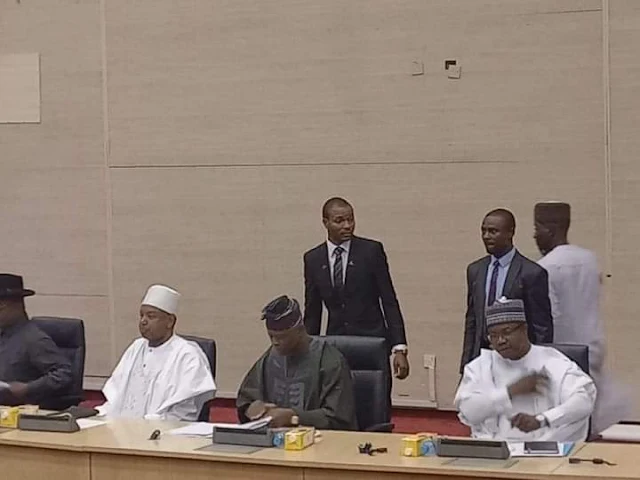Wale Edun, the country's minister of finance and co-minister of the economy, has announced his economic plan.
They include fiscal policies aiming at reducing dependency on borrowing and increasing revenue, as well as others such as job creation, preventing leaks, and more prudent use of financial resources through automation and digitization.
He is optimistic that these measures will help the apex bank's attempts to stabilise the naira as well as other plans to encourage more foreign exchange to enter the economy. He is also confident that the benefits of subsidy reduction will eventually manifest.
Additionally, he states that just two billion of the five billion naira palliative fund have so far been distributed to states.
Since the removal of subsidies, according to MD NNPC Limited Mele Kyari, oil production output has decreased to 1.67 million barrels per day, with a daily fuel consumption of 46 million litres, including cross-border leakages.
He asserts that the recent $3 billion deal in Afrexim Bank to help stabilise the foreign exchange market is a forward sale, not a loan as previously reported, and that the transactions cannot fail as has been predicted.
The removal of tax system disincentives and a reassessment of tax advantages are both coming, according to Taiwo Oyedele, chairman of the Presidential Tax Reform Committee.

